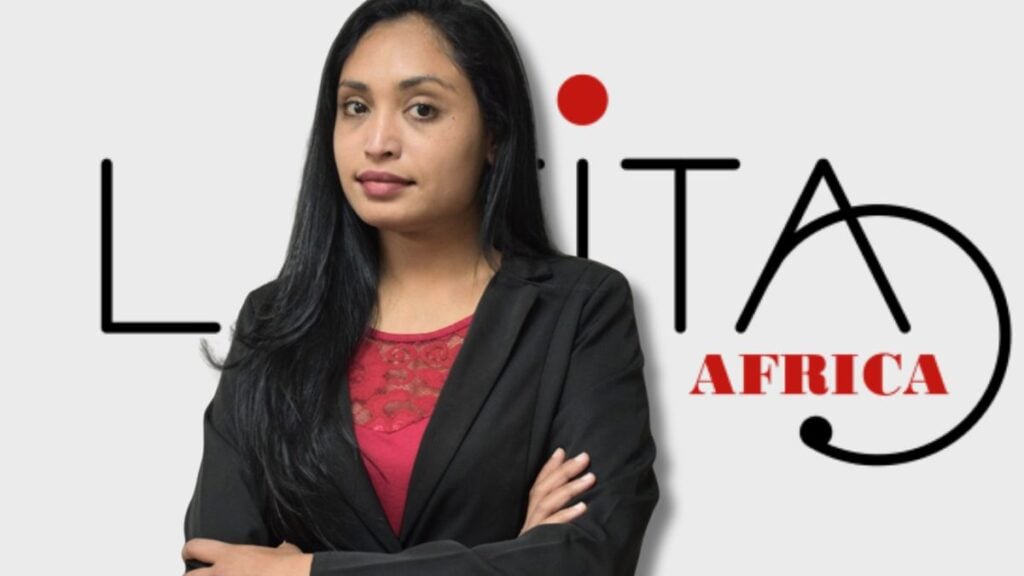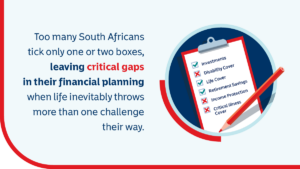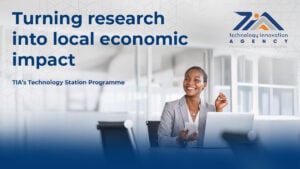How South Africans can legally pay less tax to SARS

There are several ways in which South Africans can make sure that they’re paying as little tax as legally possible.
This is according to Roxanna Naidoo, Head of Global Strategy at Latita Africa, who said many South Africans don’t realise just how much tax they could legally save.
According to Naidoo, understanding the difference between tax avoidance and tax evasion is key. “There’s always the discussion of the fine line between tax avoidance versus tax evasion,” she said.
“I’m a very strong advocate for tax avoidance, using legal strategies to optimise your tax incentives.”
Naidoo emphasised that many South Africans miss out on legitimate deductions and reliefs, especially during tax season.
One area of concern is SARS’ auto-assessments. “An auto-assessment is simply a SARS prefilled version of your tax return,” she explained.
“It’s based on third-party information from your employer, medical aid, or investment providers, but that data isn’t always complete.”
She warned that accepting an assessment at face value could result in under-declaring income or missing deductions for expenses like retirement contributions or business costs.
“If SARS audits you later, and they can do this up to five years down the line, they’ll ask for supporting documents. If you don’t have them, SARS can reverse deductions and add penalties and interest,” she said.
She noted that it’s clear that the South African fiscus needs money, in a country where only 7.4 million (12%) of the population of 64 million pay personal income tax, while 28 million (44%) rely on social grants.
Given this, Naidoo prefers to highlight the positives so taxpayers understand how to use SA’s tax mechanisms for their personal benefit.
“Whether you have an accountant, a tax practitioner or file your own tax return, look out for the following points to legally reduce what you owe SARS, maximise refunds, and combat tax debt in 2025,” said Naidoo.
How to reduce your tax bill
Naidoo outlined several strategies that many taxpayers overlook when paying less tax legally. “We all know about retirement annuity contributions, which are deductible up to a certain limit,” she said.
“Medical contributions are also commonly used, but people forget about out-of-pocket medical expenses, which can qualify for medical tax credits.”
She also noted that if you earn commission or travel for work, you may be able to claim business travel expenses, again, provided you keep receipts and proper documentation.
Another important area is home office deductions, especially in the post-COVID world, where many people work remotely.
“If you’re working from home, part of your home office expenses could be deductible, but only under specific conditions,” she cautioned.
“The key is understanding what you qualify for and keeping excellent records. Don’t assume SARS will calculate everything for you; you must submit those figures and documents yourself.”
For those with more complex tax affairs, Naidoo advised seeking professional help.
“If you have multiple income streams or technical tax matters, a tax practitioner can help you spot opportunities you might miss,” she said.
“But if you’re just an individual with one income, it’s not really necessary.” Naidoo also commented on SARS’ increasing use of automation and artificial intelligence in its processes.
“A person doesn’t do auto-assessments; they rely on AI and pre-filled data,” she explained. The new SARS Express tool is a big part of this. For those feeling overwhelmed, Naidoo offered practical advice.
“Never just accept what’s in the auto-assessment. Always double-check it. And if you find something’s wrong, you can request a correction on SARS eFiling and submit an amended return.”
If you’re already in trouble with SARS and facing a tax debt, Naidoo urged taxpayers not to panic, but to act quickly.
“SARS isn’t unfair. There are several mechanisms to assist taxpayers in financial distress,” she said.
“The first is a tax debt compromise, where SARS may write off a portion of the debt if you can show you’re unable to pay and that it’s in the best interest of the fiscus.
The second is a suspension of payment; if you’re disputing an assessment, you can ask SARS to temporarily suspend payment until it’s resolved.
The third is a deferred payment arrangement, where SARS allows you to pay in instalments based on your financial circumstances.”
She said all these options require formal applications with supporting documents and stressed the importance of responding promptly.
“Don’t ignore SARS’ letters of demand. The sooner you act, the more legal options you have.





















